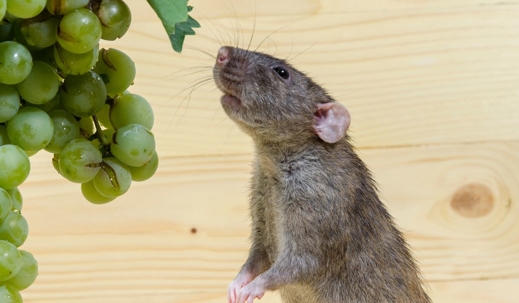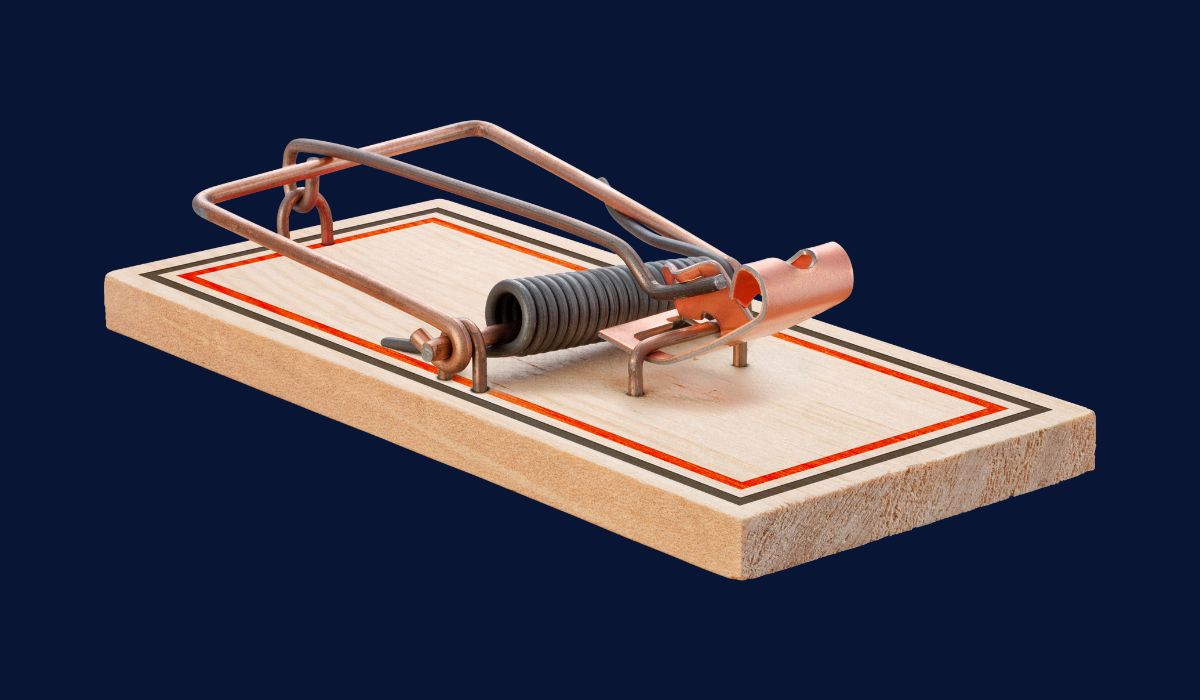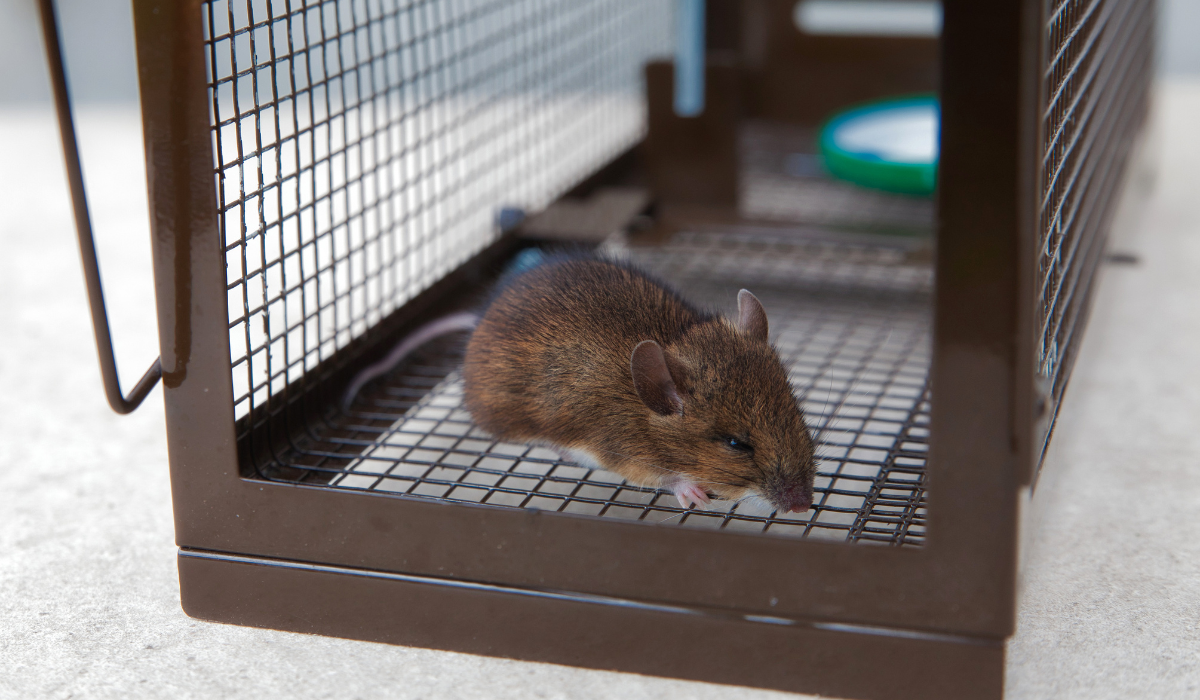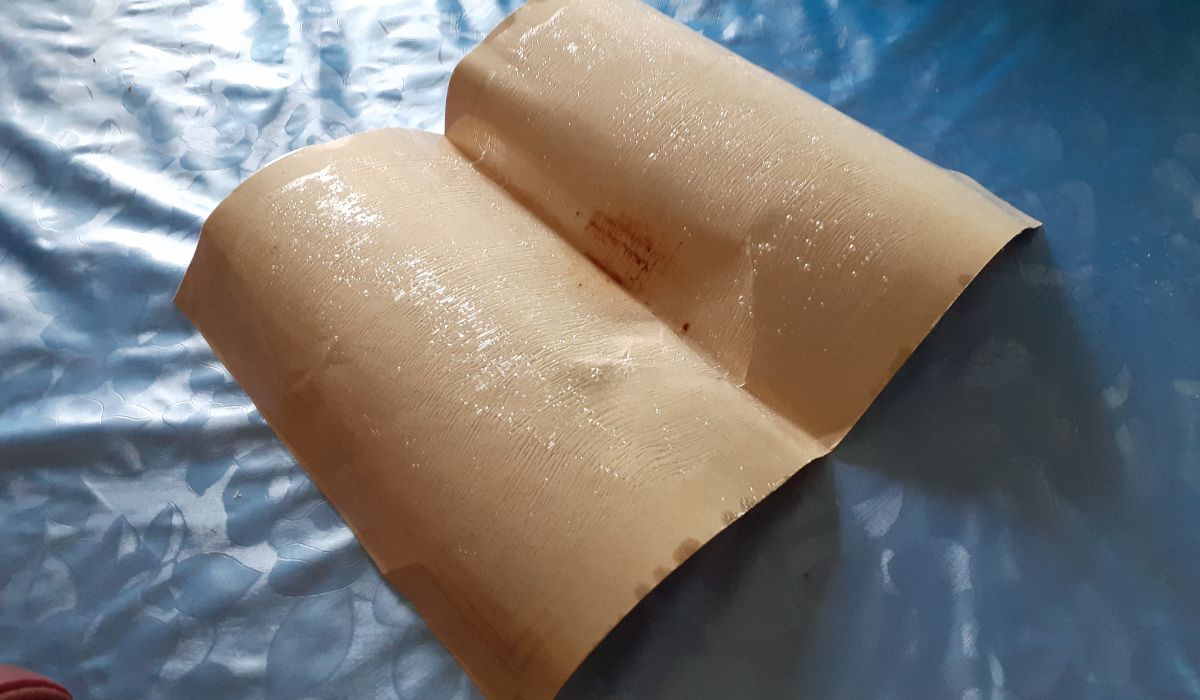How to Identify and Get Rid of Fruit Rats in Florida
Living in Florida means enjoying sunny skies and lush fruit trees, but it also invites fruit rats into your home and garden. These climbers are not just a nuisance; they can damage your property and spread diseases.
To tackle fruit rats effectively, you need a plan that includes sealing their entry points, keeping your yard tidy, and using traps or bait.
Want to keep your Florida home rat-free? Read on for tips on preventing fruit rats from moving in.
Key Takeaways
- "Fruit rat" in Florida usually refers to the agile roof rat, which loves citrus fruits and is adept at climbing.
- To identify a fruit rat infestation, look for signs like small, dark droppings, scratching noises, and fruit damage.
- Effective DIY methods for controlling fruit rats may include setting traps, using bait stations, and applying rodenticides.
- Continuous prevention, such as sealing entry points and securing food sources, is crucial to keep fruit rats away.
- Professional pest control services offer expert, safe, and efficient solutions to manage fruit rat problems and prevent future infestations.
What Do Fruit Rats in Florida Look Like?
In Florida, there isn't a specific type of rat called a "fruit rat." However, "fruit rat" is likely a common name for the roof rat, also known as the black rat, palm rat, or citrus rat.
They are agile creatures skilled at scampering up fruit trees and power lines to gain access to their preferred treat: citrus fruits.
Here's a close look at their physical attributes:
Features | Description |
Size | 6 to 8 inches (body), 7 to 10 inches (tail) |
Color | Usually gray or brown, with a lighter underbelly |
Markings | Smooth fur with a pointed nose, large ears, and a scaly tail |
Identifying Signs of Fruit Rat Infestations
Knowing the unmistakable signs of fruit rat presence is crucial for timely intervention before launching into fruit rat control methods.
Common Signs of Fruit Rat Presence
Spotting the early signs of a fruit rat infestation in Florida is vital to prevent a full-blown rodent issue.
Here's what to watch out for to tell if you have a rodent problem:
- Small, dark rat droppings
- Scratching or scurrying noises in the attic or walls
- Gnaw on fruits, nuts, and even materials like wood or plastic
- Rat nests of shredded paper, fabric, or plant material
- Fruit damage, particularly those fallen on the ground
- Dark, greasy smudge marks
- Footprints and tail trace
DIY Options for Getting Rid of Fruit Rats
Effective DIY control of fruit rats in Florida involves a range of methods. So, choosing the right combination of techniques is crucial to help curtail the rodent population in your area.
Set Traps
Rat traps are versatile tools for catching fruit rats and managing their populations. When dealing with a rat problem, choosing the right type of trap is crucial based on your specific situation.
Here’s a close look at different rat traps and where they're most effective:
Types of Trap | Ideal for Use |
Snap Traps
| A quick way to get rid of rats in areas with low pet activity. |
Live Traps
| Humane capture in spaces where non-target animals are present. |
Glue Traps
| Monitoring activity; less recommended due to its inhumane nature. |
Setting Up Bait Stations
Before you set up your bait stations, choosing the proper placement and safety measures is crucial to controlling the rat population effectively.
Follow these steps to ensure maximum efficacy and safety:
Select bait stations designed to prevent access from children and pets.
Place stations near known rat paths along walls or near food sources.
Use gloves when handling poison baits to prevent human scent transfer.
Regularly check and replenish baits with rat poison as needed.
Dispose of used baits and dead rats following local regulations to ensure safety.
Applying Rodenticides
Rodenticides offer a potent solution to rat infestations when employed carefully. As you consider implementing rodenticides to manage pest populations, understand the different types and their specific applications.
Here's a breakdown to guide your strategy:
Types of Rodenticide | Usage Consideration |
Bait Blocks | Steady control, placed within bait stations. |
Pellets | Small, scattered application in controlled areas. |
Soft Bait | Effective in high moisture areas and inside stations. |
Utilizing Devices
Ultrasonic devices offer a humane, non-toxic approach to deterring fruit rats and other species like Norway rats.
As you explore various options to safeguard your space, consider these devices, each designed with specific environments and pest challenges in mind:
- Ultrasonic Devices: Best used in enclosed spaces; effectiveness varies.
- Electromagnetic Devices: Claim to affect the nervous system of rats; efficacy debatable.
- Motion-activated Sprinklers: Provide a startling burst of water, best for garden areas.
Incorporating Natural Repellents
Natural repellents like essential oils are favored for their safety and eco-friendliness. By incorporating them into your routine, you can keep mice out of your living space in a safe and environmentally friendly way.
Here’s a guide on how to use some effective smells that fruit rats hate:
Repellents | How to Use |
Peppermint Oil | Soak cotton balls and place them near suspected entry points. |
Eucalyptus Oil | Mix with water and spray around the perimeter of your home. |
Preventive Measures for Fruit Rat Control
You should not stop once you’ve successfully removed fruit rats on your property, as maintaining a rat-free environment involves proactive steps.
As homeowners in Florida, here’s how you can do it.
Seal Entry Points
Sealing off access to your homes to prevent fruit rat invasions is essential. They only need a small opening to sneak into a house and settle in attics, walls, or crawl spaces.
Here's a practical approach to identify and block these entry points:
Inspect your home for cracks or holes in the foundation, roof, and walls. Pay extra attention to areas where utilities and pipes enter the home.
Check for gaps around windows and doors and where the building and utility lines meet.
Examine the vents, shingles, and chimneys to secure the roof. Rodents are excellent climbers and can access your home from the top.
Ensure that all entry points larger than a nickel are sealed. For durable fixes, use steel wool, caulk, or metal sheeting.
Regularly check for and repair any damage caused by fruit rats to prevent them from re-entering, especially to electrical wires they tend to gnaw on.
Securing Food Sources
Cutting off food sources is essential in deterring fruit rats from considering your property a viable home in the first place.
Here’s how to ensure that indoor and outdoor food sources are inaccessible to these pests:
Tips for Securing Food | Description |
Use Sealed Containers | Store dry goods, pet food, and other edibles in airtight containers. |
Proper Waste Management | Dispose of garbage in sealed bins and clear out the waste frequently. |
Harvest Timely | Remove fallen fruit and harvest fruit trees regularly. Keep the area around palm trees clean. |
Feed Pets Indoors | Feed pets inside to avoid leaving food out that can attract rodents if possible. |
Professional Rat Removal Solutions
When you have a rat problem, it's essential to call in professional rodent control services. These services can offer not only their expertise but also a suite of strategic solutions.
Here’s how professional rat removal can address your needs effectively:
- Expertise: Pest control experts are trained to identify and address specific rodent challenges.
- Safety: Professionals use safe and humane methods to remove rats, protecting you from rodent-borne diseases like typhus, bubonic plague, and rat-bite fever.
- Efficiency: A faster resolution to rat infestations, as exterminators can access commercial-grade tools and techniques.
- Preventative Measures: Pest management includes strategies to prevent year-round infestations or new litter from settling in.
- Comprehensive Management: Services go beyond rats and cover other potential issues like termites and other critters.
Is It Time to Call the Rat Experts?
When dealing with fruit rats in Florida, you may reach a point where the infestation becomes too complex for simple home remedies.
If you notice rats continually, despite having tried various methods to eliminate them, it's a sign that the problem might be more extensive than anticipated.In such a scenario, calling a professional pest control company (like us at Native Pest Management) ensures safe and effective removal, preventing future infestations.



